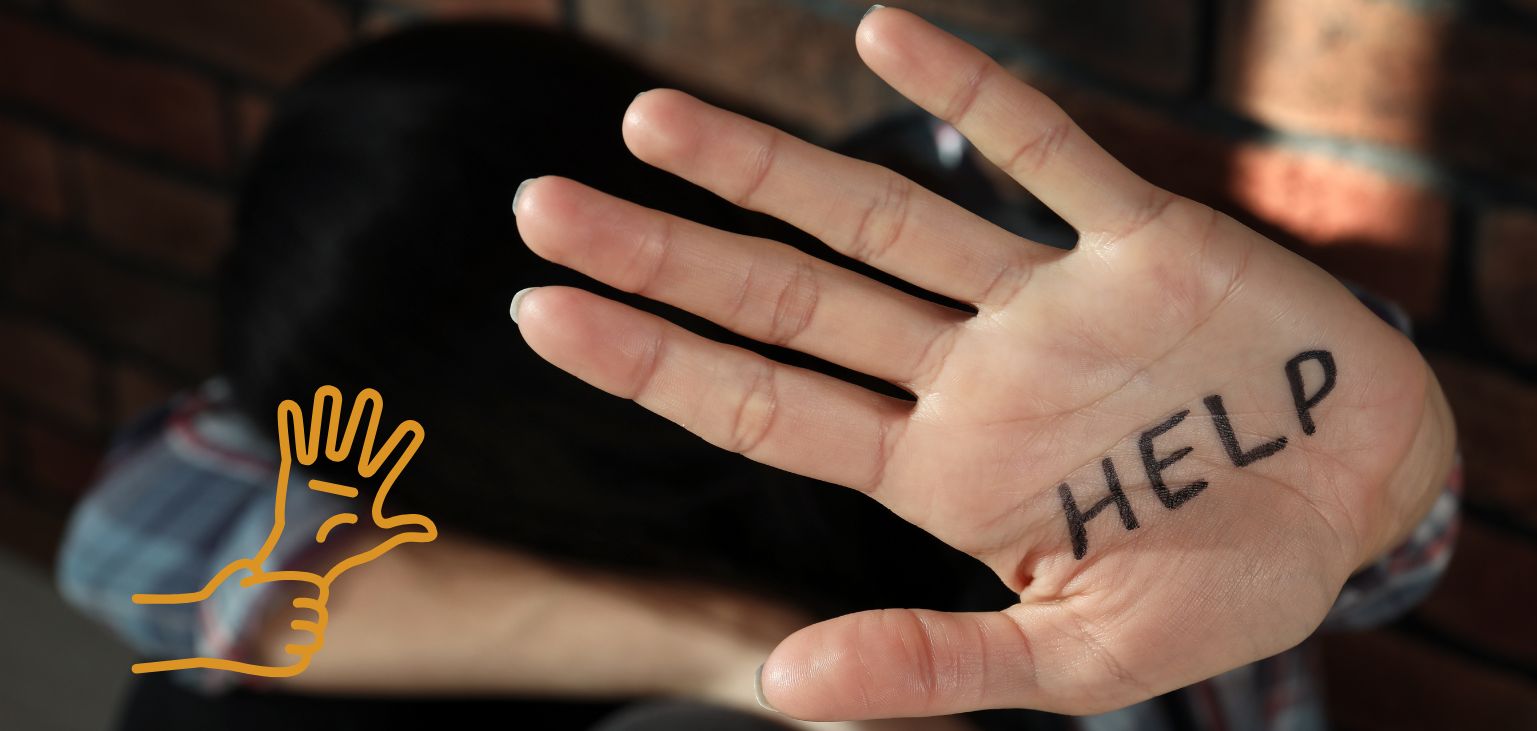Domestic Violence in Australia
In Australia, domestic violence is a widespread problem that impacts individuals and communities. Misconceptions and systemic issues surround this topic and must be acknowledged to drive real change. In 1993 the United Nations defined domestic violence as any act of gender-based violence that results in, or is likely to result in, physical, sexual or psychological harm or suffering to women, including threats of such acts, coercion or arbitrary deprivation of liberty, whether occurring in public or private life (UN 1993). In the past, marital rape was not treated as a crime and women were often viewed as property. Over recent decades, there has been a marked shift in how domestic violence is understood, including broader recognition that men can also be victims.
Domestic violence is often misunderstood as only physical violence. In reality, it can involve a range of abusive behaviour such as financial, emotional, psychological and sexual abuse. The Australian Institute of Health and Welfare reports that 23% of women and 14% of men have experienced emotional abuse, and 16% of women and 7.8% of men have experienced economic abuse. Another common misconception is that males are always the perpetrators and women are always the victims. While many studies show that one in four women and one in eight men experience violence, it is important to acknowledge that people of all genders can be victims. Misconceptions can lead to under-reporting and reduced support for male victims and people in LGBTQIA+ relationships. Victims are sometimes criticised for remaining in a relationship. According to the AIHW, many women do not want to leave their current partner due to wanting to work things out, loving their partner or because the partner promises to stop the abuse. Abusers may also use isolation, threats and coercive control, which makes leaving extremely difficult. If you need confidential support, contact 1800RESPECT or Lifeline 13 11 14.
The impact of domestic violence across Australian communities is extensive and erodes cohesion by fostering an environment of fear and distrust. The AIHW has reported that Aboriginal and Torres Strait Islander women are far more likely to be hospitalised due to family violence assault than non-Indigenous women (AIHW). People from culturally and linguistically diverse communities face barriers such as language, limited awareness of services and visa concerns, leaving them more vulnerable. The LGBTQIA+ community also experiences high rates of intimate partner violence; see ACON for tailored support. Domestic violence contributes to increased mental health issues and involvement with the criminal justice system. For resources and programs, see Our Watch and ANROWS.
NSW Legal Responses and Support
Australia has taken significant steps to address domestic violence, and New South Wales has a dual legal response. The criminal law response includes the Crimes Act 1900 (NSW) and the Crimes (Domestic and Personal Violence) Act 2007 (NSW), while the civil law response involves apprehended violence orders under the same Act. For a plain-English overview, see Service NSW – Domestic and family violence and NSW Police.
Victims can access a range of hotlines and support agencies for counselling, emergency housing and legal assistance, including the NSW Victims Support Scheme under the Victims Rights and Support Act 2013 (NSW). Other useful services include Legal Aid NSW, Women’s Community Shelters, Services Australia, the eSafety Commissioner for tech-facilitated abuse, and Multicultural NSW. For men seeking support, see the Men’s Referral Service and MensLine Australia.
Ongoing improvements are still needed. These include increased funding for shelters, counselling and legal aid, comprehensive school programs on consent and healthy relationships, and continuous training for police, legal professionals and healthcare workers to ensure sensitive and effective case handling. For policy context, see the National Plan to End Violence against Women and Children.
Your Rights, Safety and Next Steps
If you are in immediate danger, call 000. To discuss safety planning and support options, contact 1800RESPECT. If you have been served with, or need to apply for, an apprehended violence order, Jameson Law can explain your options and represent you in court. Start with our criminal law team in Sydney at Jameson Law or call (02) 8806 0866. You can also send an enquiry for a confidential consultation.
Conclusion
Domestic violence is multifaceted and extends far beyond physical assault. Recognising the complexity is essential to ensure all victims receive the right help. Everyone has a role to play in prevention, from supporting friends and neighbours to advocating for funding and education. Community involvement is critical to building a victim-supportive environment. Progress relies on continuous improvement to support networks, education programs and policies so that we can build safer, more supportive communities for all.
General information only. This page is not legal advice. If you need urgent help, call 000. For confidential counselling and referrals, contact 1800RESPECT on 1800 737 732, Lifeline on 13 11 14 or NSW DV Line on 1800 65 64 63.













